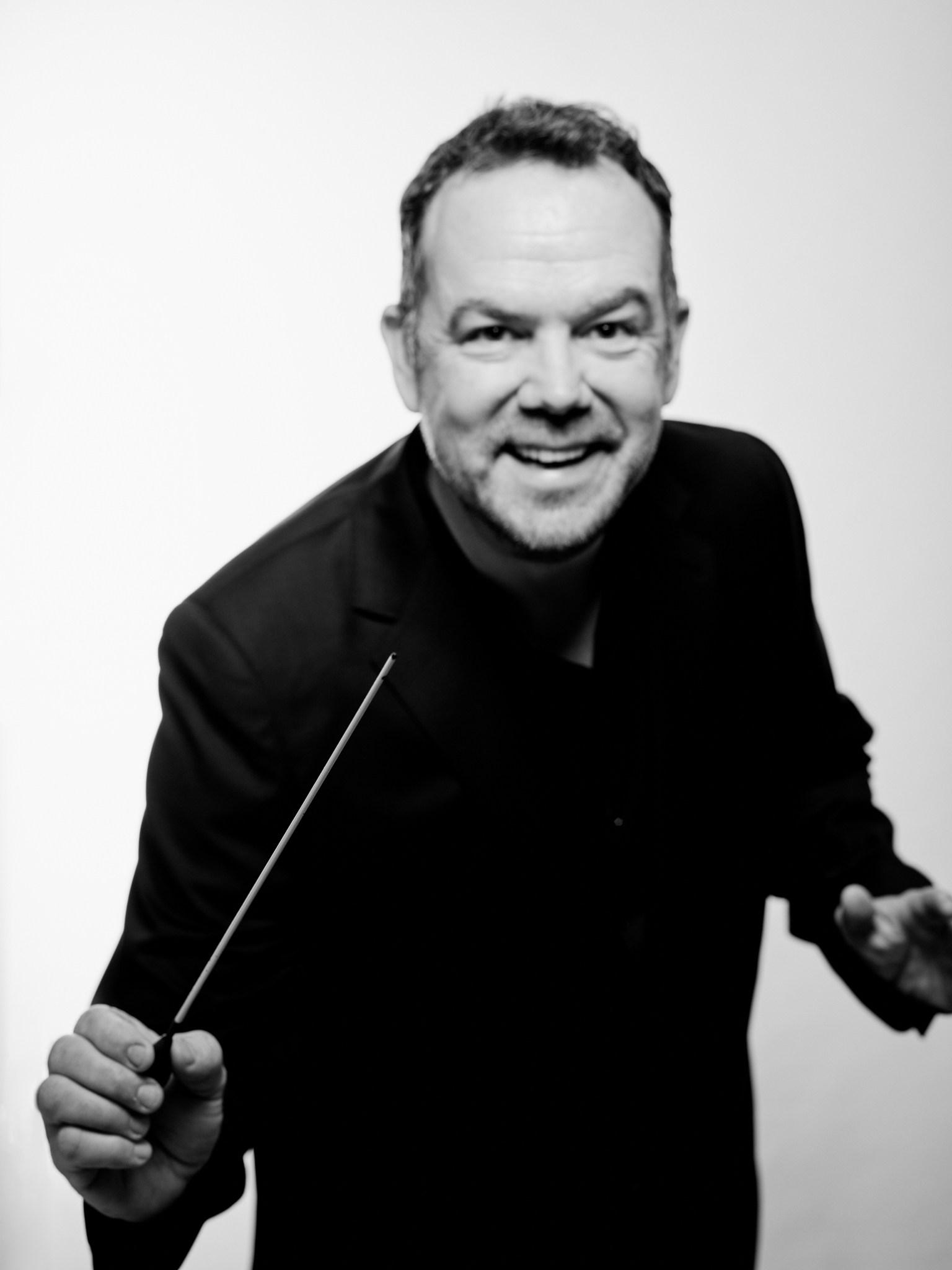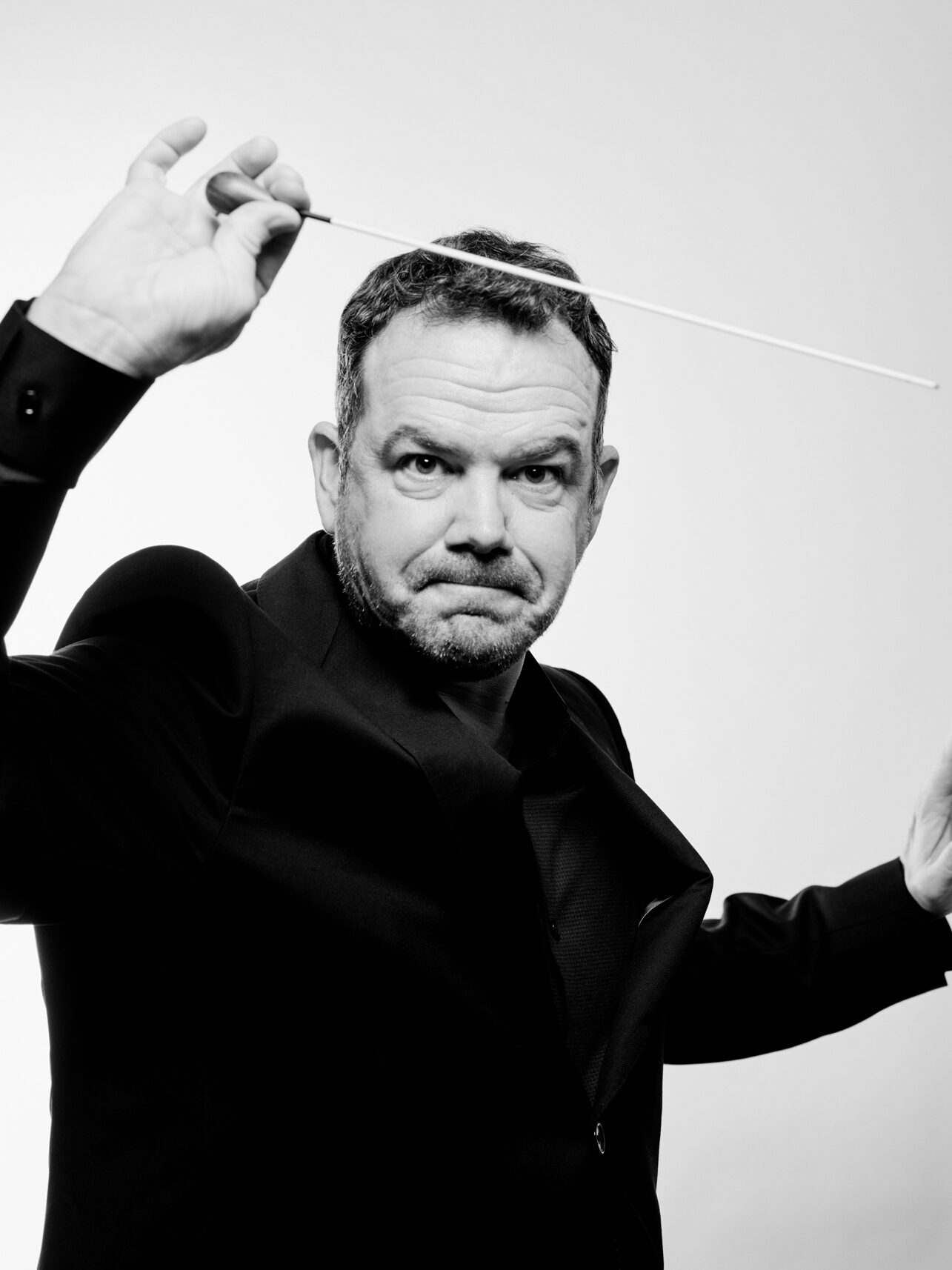
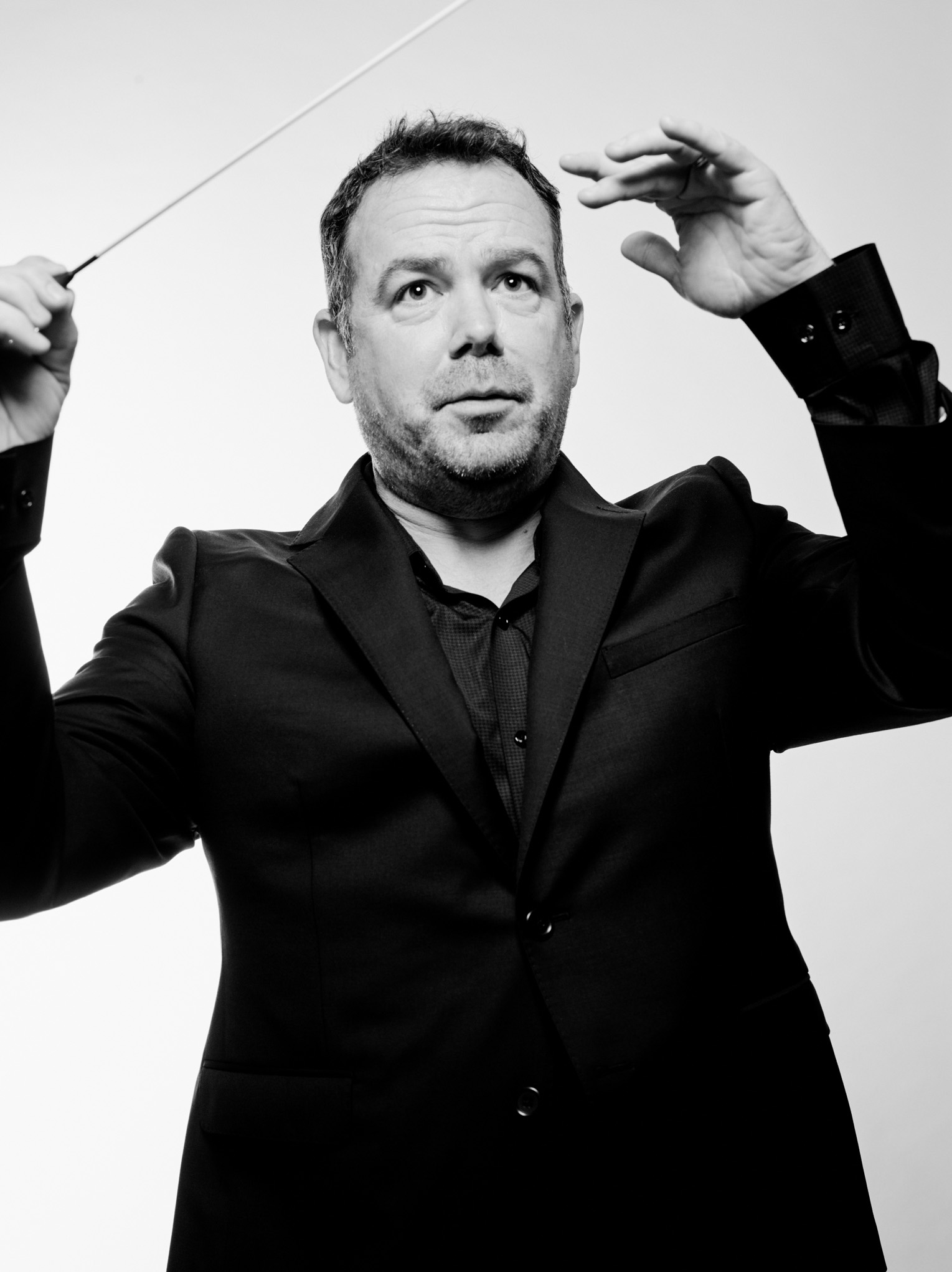
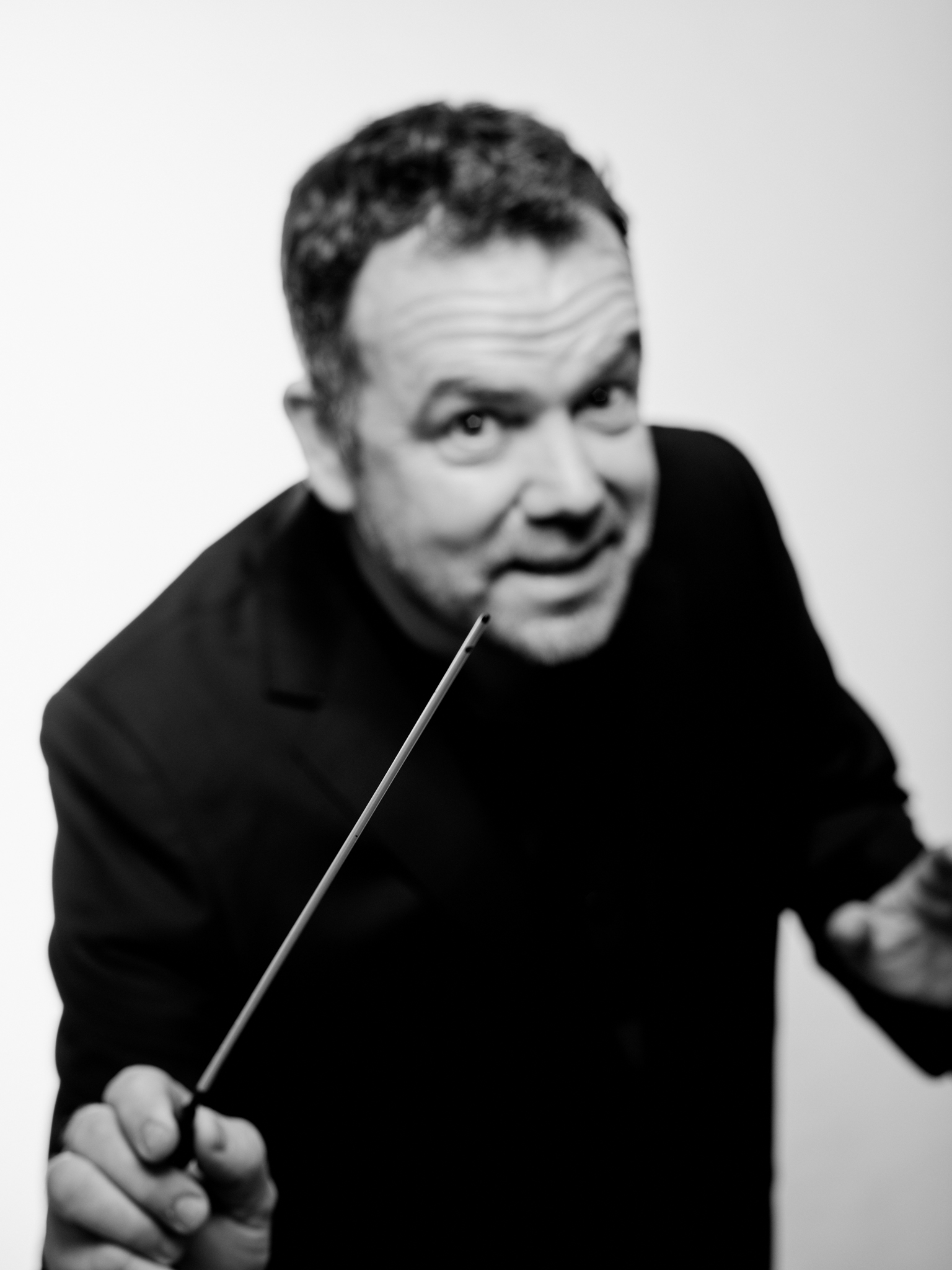
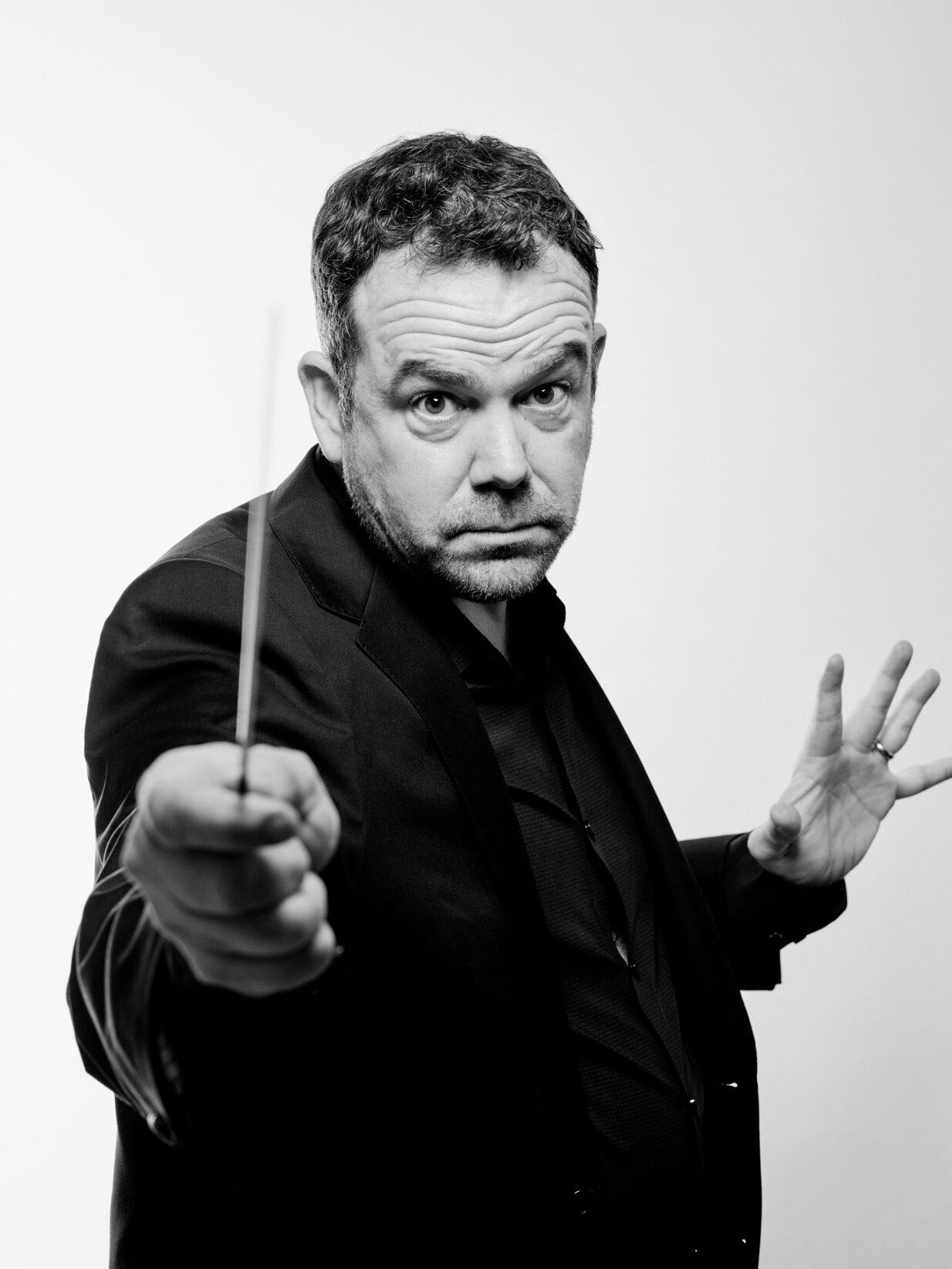
A few months back, KARJAKA had the opportunity to capture the brilliance that is the good Dr. Aubin in the studio and on the streets of Chelsea New York. When he’s not galavanting the sides streets of Chelsea in search of soft morning light with me, you’ll find him with one of his orchestras throughout the US, here in particularly The Chelsea Symphony where he’s the Conductor and Music Director, of which is about to celebrate it’s 20th Season. There’s is much to be said about this brilliant musician, especially over two days of lyrical conversations in front of the KARJAKA lens, that we thought we’d give you a peek behind the curtain with full pass access to the man, myth and musical legend that is Maestro Matthew Aubin.
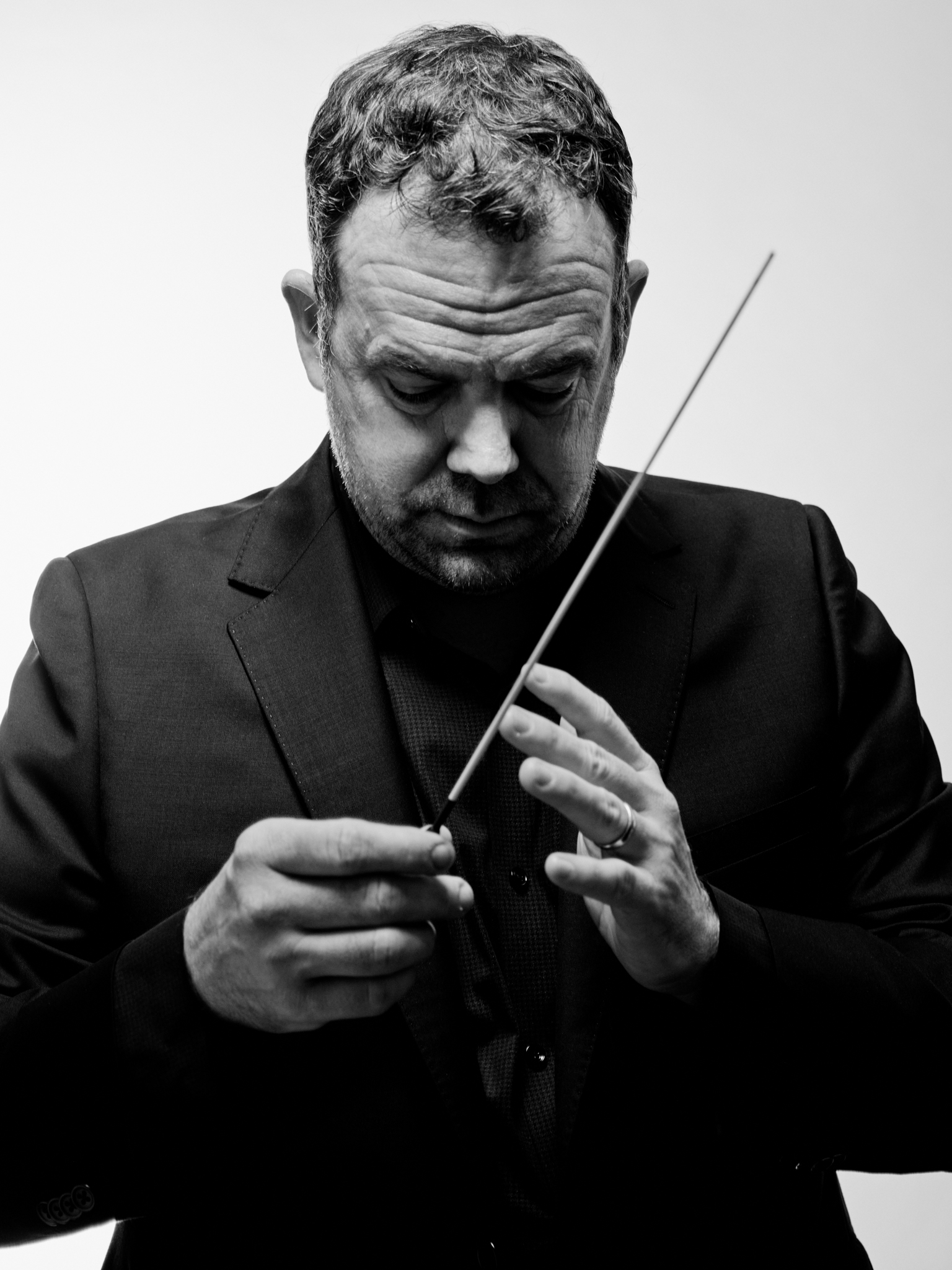
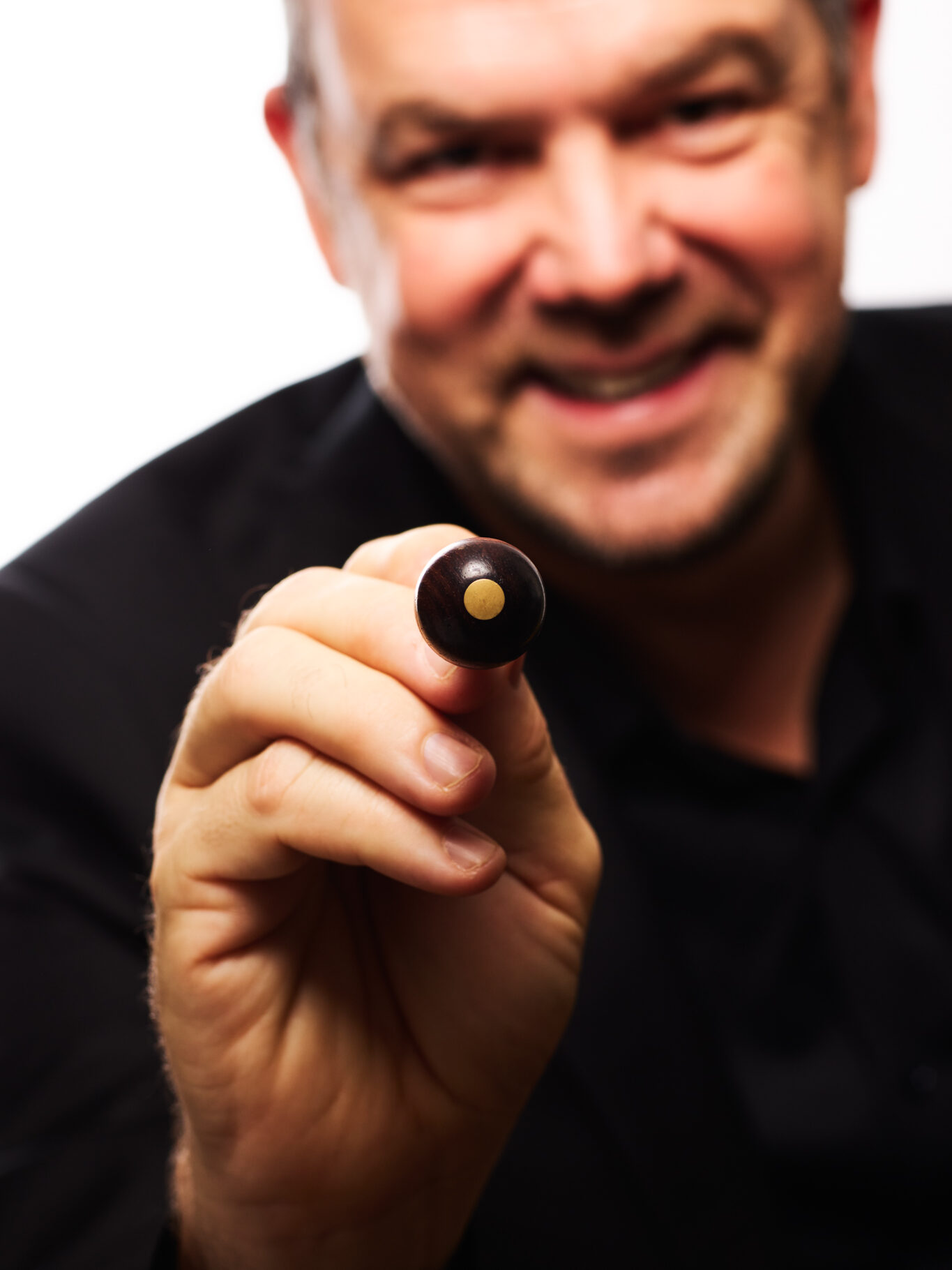
Matthew, you’re conducting three different orchestras across multiple states. How do you manage this juggling act?
It’s less a juggling act and more of a carefully choreographed dance. Most people don’t realize that professional orchestras aren’t weekly rehearsal groups. We compress intense preparation into just three to four days before a performance. That actually makes my multi-orchestra life more manageable.
Take us through a typical week in your life.
It starts deceptively calm—coffee, New York Times crossword puzzle. But by mid-morning, I’m deep in musical preparation. Take Rachmaninoff’s Symphonic Dances, for example. I’ll spend hours deciding everything from phrase structures to which instrumental voice should lead a particular melody. It’s like being a musical detective, uncovering the hidden narratives in each score.
You’re passionate about something called the Equal Billing Project. What’s the story there?
It’s more than a project—it’s a mission. We’re bringing forgotten composers, particularly women, back into the spotlight. I discovered this incredible French composer, Fernande Decruck, who wrote remarkable music in the 1930s and ’40s but was essentially omitted from musical history. The Jackson Symphony Orchestra recordings I’ve made as part of this project have received international acclaim and reintroduced Decruck’s music to the world. Future projects will aim to do the same for other marginalized voices.
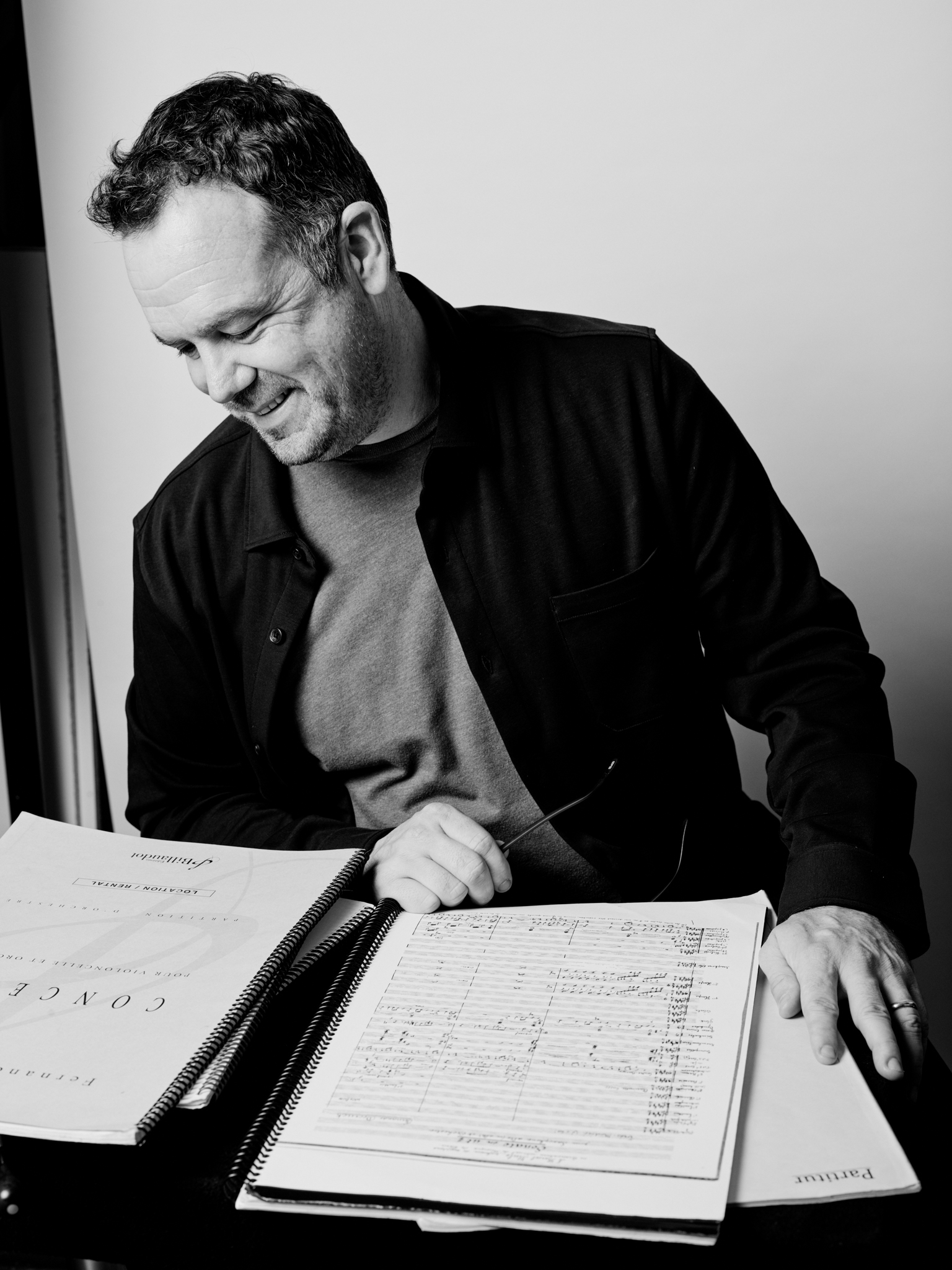
Do you believe orchestras are still relevant in today’s digital world?
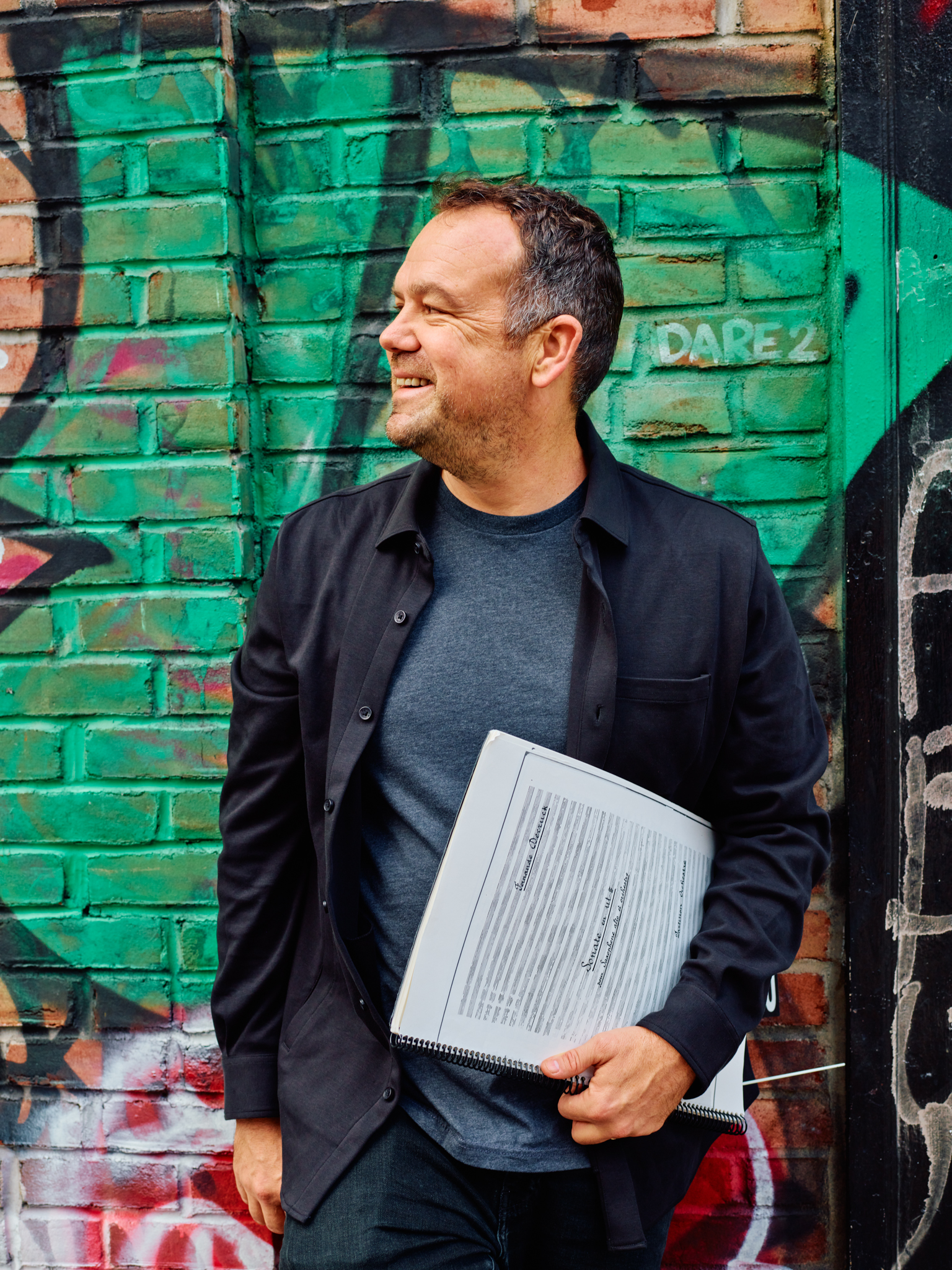
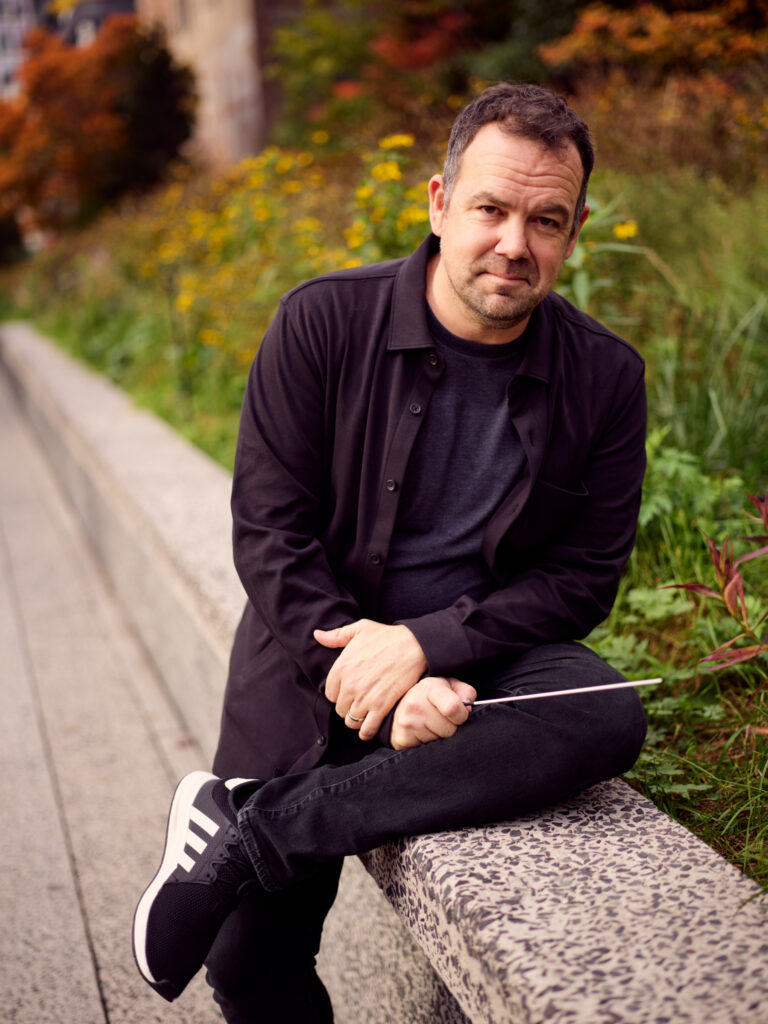
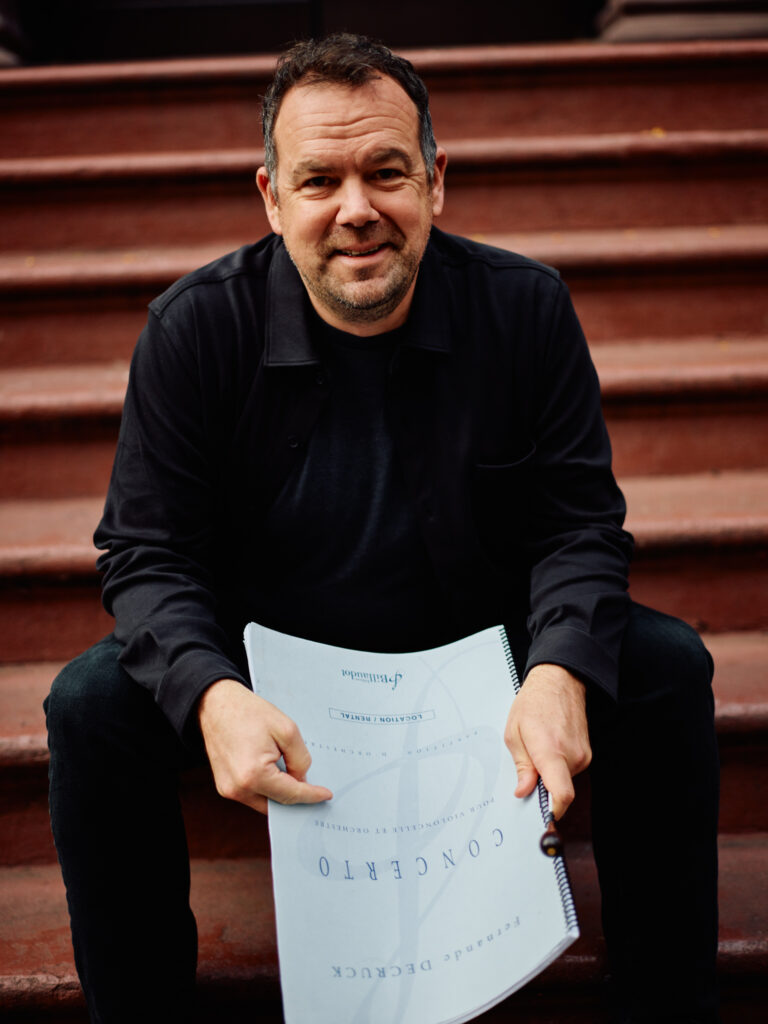
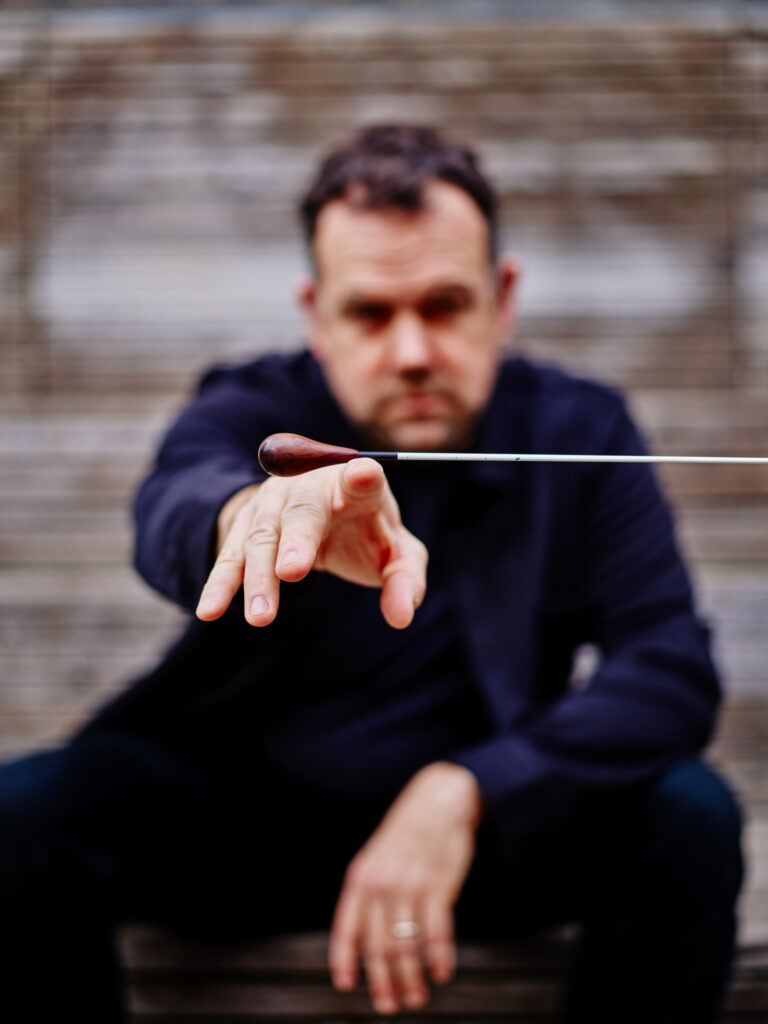
Art isn’t a luxury—it’s a necessity. I’ve seen music transform lives in ways you can’t imagine. We’ve performed for children experiencing classical music for the first time, for people who are incarcerated and seeking a momentary escape, and for those in homeless shelters discovering hope. We’re offering human connection. And we can’t underestimate the value of watching professional musicians perform live. I often find that people attending an orchestra concert for the first time are blown away by the virtuosity they both see and hear.
That sounds intense. How do you maintain balance?
Sports, family, friends—and golf. When I’m not on the podium, I’m a dad to a seven-year-old. Juliette keeps me grounded! I love experiencing life through her eyes.
Any wild experiences in your career?
Oh, plenty! I’ve been a consultant for the television show Mozart in the Jungle, conducted on movie sets, and performed the national anthem with the UConn Marching Band at Yankee Stadium. While those moments stand out, nothing takes the place of a transcendent performance of an orchestral masterpiece.
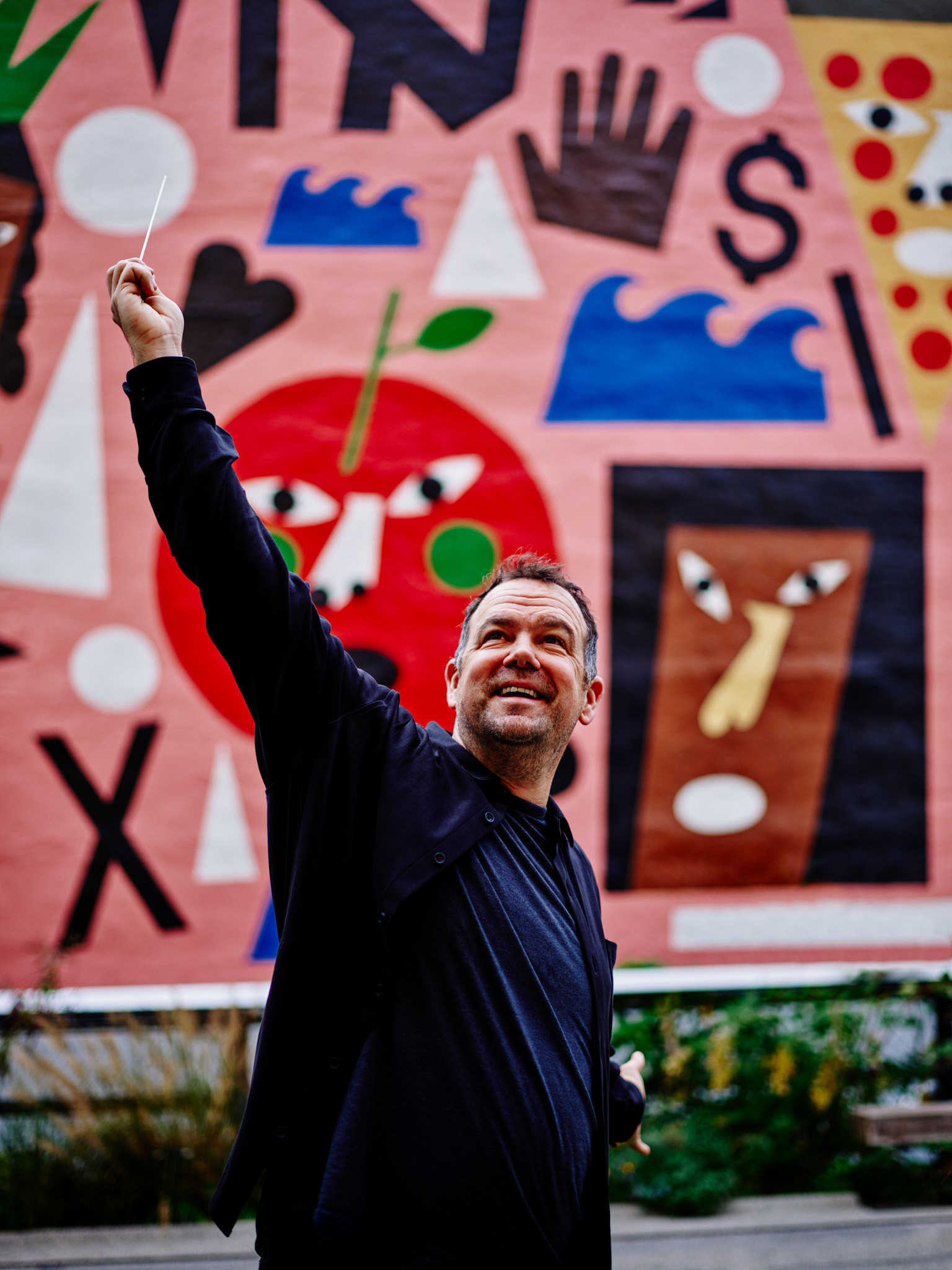
Final thoughts on being a conductor?
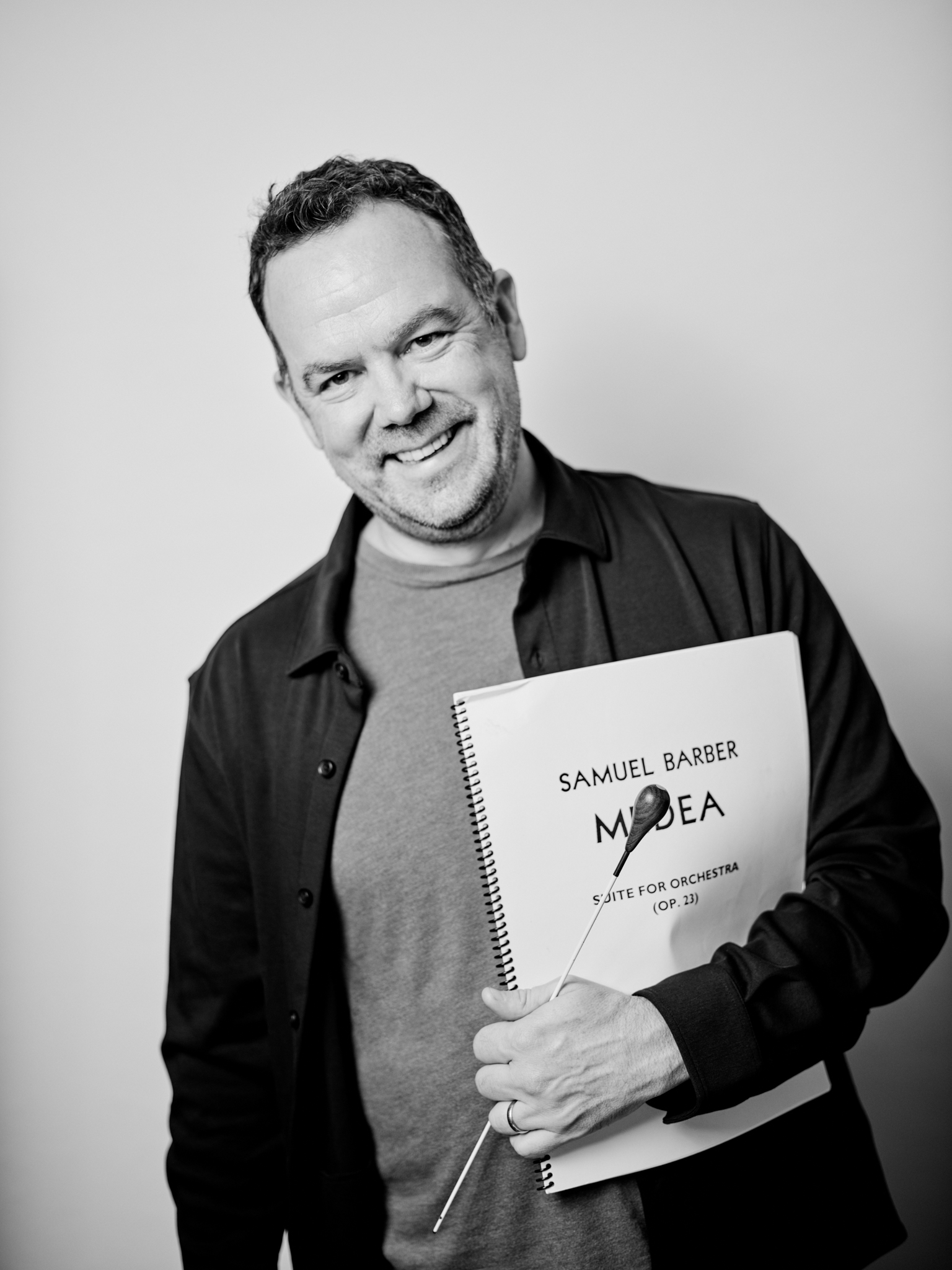
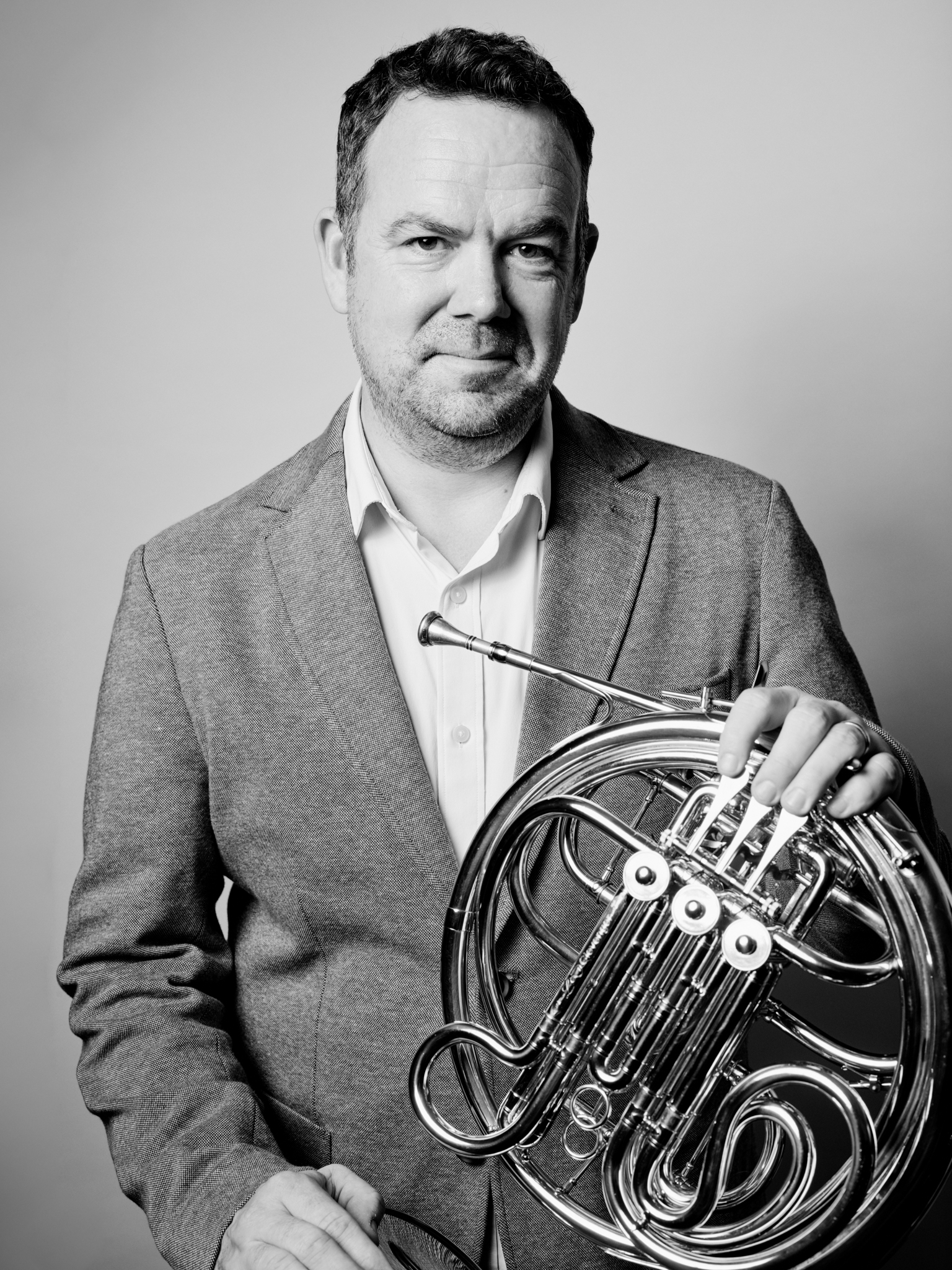
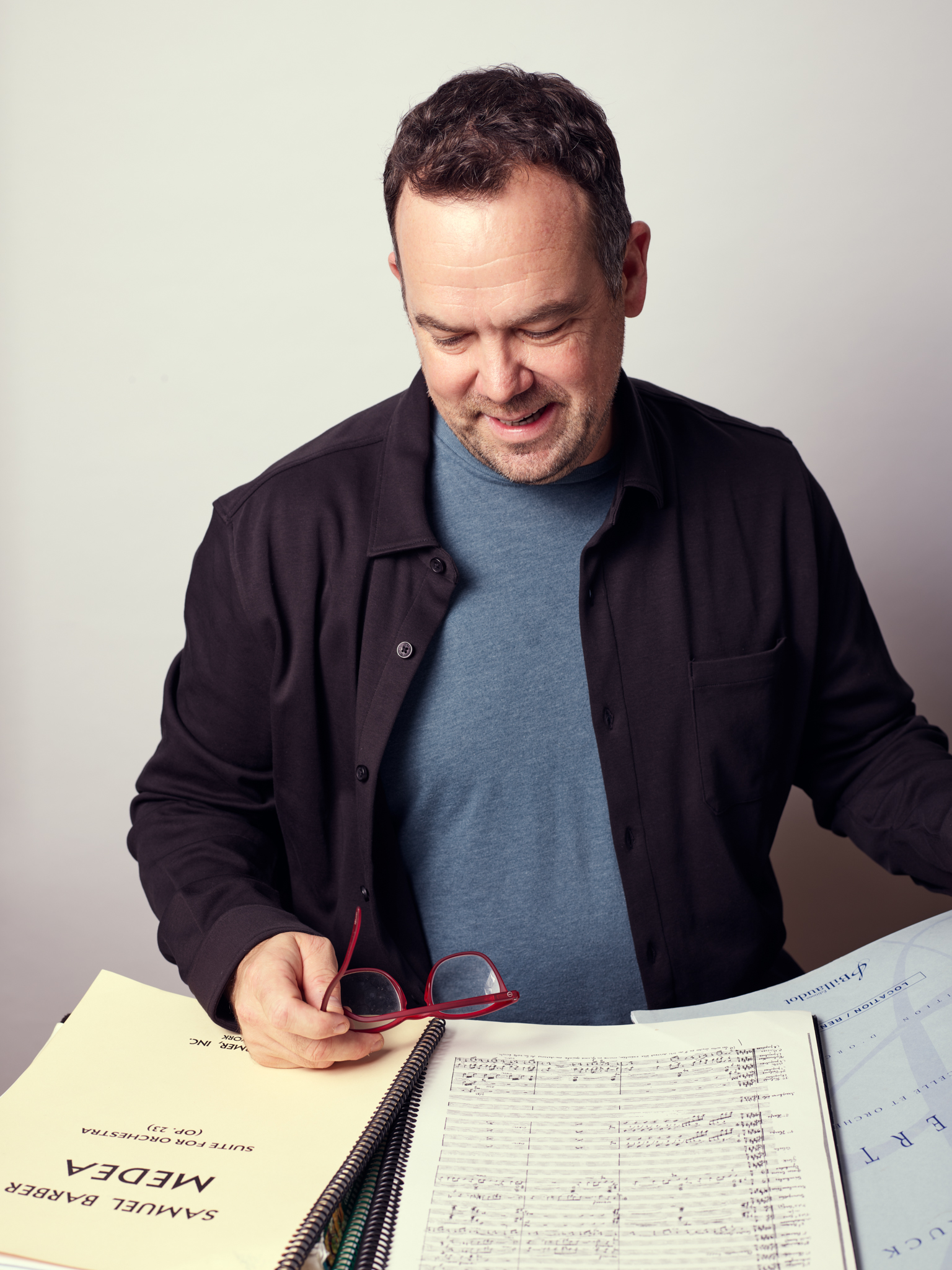
I’m not just moving a baton—I’m “playing” the orchestra. I can encourage, sculpt, and shape a melody. I can balance the treble and bass… but instead of dials, I’m showing with my gestures and expression. It’s a thrilling experience to be a conduit for the listener to experience a great composer’s work.
